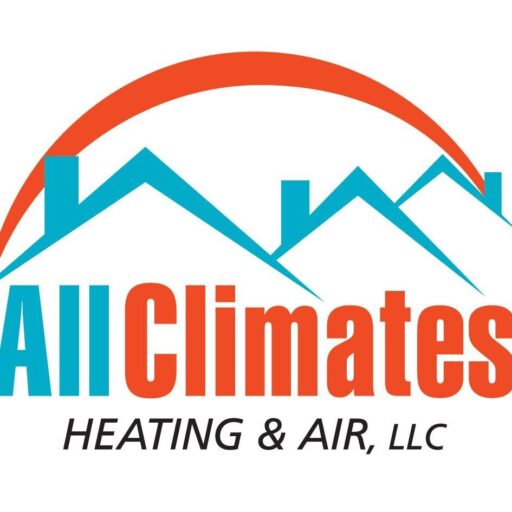When it comes to keeping our homes and businesses cool during the hot summer months, air conditioning systems play a crucial role. With advancements in technology, there are now several different types of air conditioning systems available on the market, each with their own set of pros and cons. In this blog post, we will explore the various types of air conditioning systems and discuss their advantages and disadvantages.
1. Central Air Conditioning:
Pros:
– Provides consistent and even cooling throughout the entire space.
– Operates quietly, as the noisy components are located outside the building.
– Can improve indoor air quality by circulating and filtering air.
Cons:
– Expensive to install, especially in homes that do not already have ductwork.
– Requires regular maintenance to ensure optimal performance.
– Can be less energy-efficient compared to other types of systems.
2. Window Air Conditioning Units:
Pros:
– Affordable and easy to install, especially in rental properties.
– Can be a good option for cooling individual rooms or small spaces.
– Energy-efficient when properly sized for the room.
Cons:
– Can be noisy, especially if the unit is older or improperly installed.
– Blocks natural light and obstructs views from windows.
– May not be powerful enough to cool larger areas effectively.
3. Ductless Mini-Split Systems:
Pros:
– Offers flexibility in zoning, allowing for customized cooling in different areas of the home.
– Energy-efficient, as they do not have ductwork that can lead to energy loss.
– Easy to install and provide both cooling and heating options.
Cons:
– Initial installation costs can be higher than window units.
– Regular maintenance is required to ensure optimal performance.
– May not be suitable for larger homes or buildings with multiple rooms.
4. Portable Air Conditioners:
Pros:
– Easy to move from room to room, providing targeted cooling where needed.
– No installation required, simply plug in and use.
– Affordable option for temporary cooling solutions.
Cons:
– Can be noisy and less efficient compared to other types of systems.
– Limited cooling capacity, may not be suitable for larger spaces.
– Requires a window or vent for the hot air exhaust.
In conclusion, each type of air conditioning system has its own set of pros and cons, and the best choice will depend on factors such as the size of the space, budget, and specific cooling needs. It is important to carefully consider these factors before selecting an air conditioning system to ensure optimal comfort and efficiency. Consulting with a professional HVAC technician can also help in making an informed decision on the most suitable system for your home or business.

